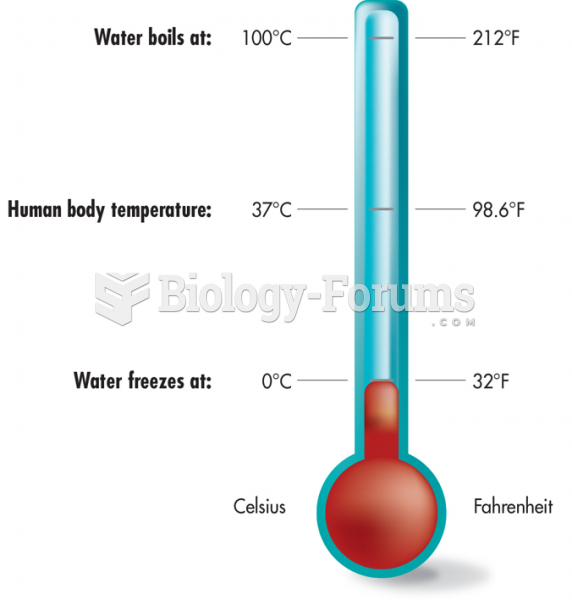Answer to Question 1
Some possible answers:
Higher temperatures will mean more evaporation, so there should be more evidence of droughts. Note: Fewer students recognize that increased temperatures invigorate all aspects of the hydrologic cycle, so that increased evaporation will also mean increased precipitation. However, since the evaporation and precipitation processes do not necessarily happen equally at the same locations, some places can expect drought whereas other can anticipate increased rainfall.
Less snowfall in mountains during the winter, which will be recorded by how long ski resorts are open from year to year.
Geographic ranges of plants and animals should change as temperatures change, allowing warm-climate plants and animals to expand to higher latitudes and higher elevations. So, historic records should show appearances of animals and plants in recent years that were not seen in the same location previously.
Tropical diseases and parasites will expand north and south from the equator, so records should show expanding ranges of these diseases and parasites.
Answer to Question 2
Some possible answers:
Growing seasons for agricultural products will become longer, possibly increasing yields.
Evaporation will increase, causing more droughts and the drying up of lakes and reservoirs. Note: Fewer students recognize that increased temperatures invigorate all aspects of the hydrologic cycle, so that increased evaporation will also mean increased precipitation. However, since the evaporation and precipitation processes do not necessarily happen equally at the same locations, some places can expect drought whereas other can anticipate increased rainfall.
Less snowfall in mountains during the winter, which will impact recreational winter sports and tourism and also diminish the amount of snowmelt runoff in springtime, which is critical for crop irrigation in many regions.
Geographic ranges of plants and animals will change as temperatures change, allowing warm-climate plants and animals to expand to higher latitudes and higher elevations. Cold-climate adapted land plants and animals may go extinct, however, as the necessary conditions for their survival disappears at the polar edges of continents.
Tropical diseases and parasites will expand north and south from the equator to afflict larger regions, including places where populations do not have immunities.
Hurricanes will become more numerous or more powerful, or both, because hurricane formation and power rely on warm sea-surface temperatures.







